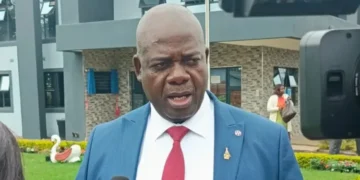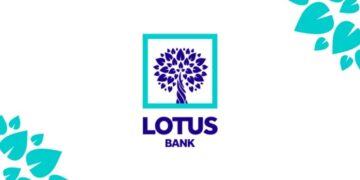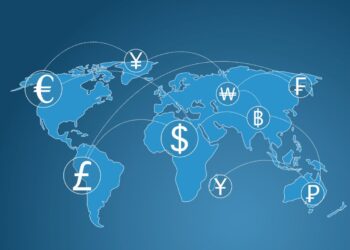PwC has released its latest Economic Outlook report titled “Global Economic Policy Changes and Implications for Nigeria”, offering a comprehensive analysis of how evolving global economic dynamics are set to impact Nigeria in 2025. The report examines key developments such as the introduction of new U.S. tariffs, stricter immigration policies, sustained U.S.–China trade tensions, and the global decline in foreign aid. According to PwC, these policy shifts contribute to growing global uncertainty, with potential ripple effects on Nigeria’s economy through trade, investment flows, and policy alignment challenges.
Economic Outlook for 2025
- Budget size N54.99tn (up 10.6%), but debt rose to N144.67tn (+48.6% YoY), posing sustainability risks.
- Expected to remain stable in 2025 with ongoing FX reforms.
- MPR held at 27.5% to anchor inflation and stabilise FX.
Highlights of the Report:
- Current Economic Context: Despite a 3.4% growth rate in 2024, Nigeria continues to face inflationary pressure, foreign exchange volatility, rising public debt, and declining Federation Account Allocation Committee (FAAC) allocations.
- External Policy Shocks: The United States’ introduction of a 14% tariff on Nigerian exports, reduced foreign development assistance, and increased domestic oil production, have significant implications for Nigeria’s trade balance and foreign reserves.
- Scenario-based Outlooks. The report outlines three potential impacts of US policies on Nigeria in 2025:
- Status quo scenario projects rising inflation, pressure on the naira, and weaker GDP growth due to protectionist U.S. Policies and lower remittance inflows.
- The targeted scenario projects harsher tariffs, disrupted exports, and reduced capital flows, leading to economic contraction and currency depreciation.
- Favourable scenario projects improved trade terms, restored aid, and relaxed immigration rules, boosting Nigeria’s foreign exchange earnings, lowering
- inflation, and supporting stronger GDP performance.



















































































 EduTimes Africa, a product of Education Times Africa, is a magazine publication that aims to lend its support to close the yawning gap in Africa's educational development.
EduTimes Africa, a product of Education Times Africa, is a magazine publication that aims to lend its support to close the yawning gap in Africa's educational development.